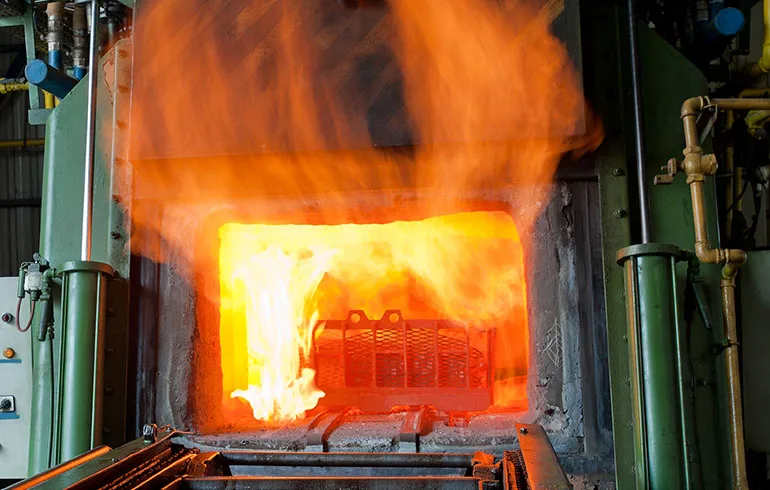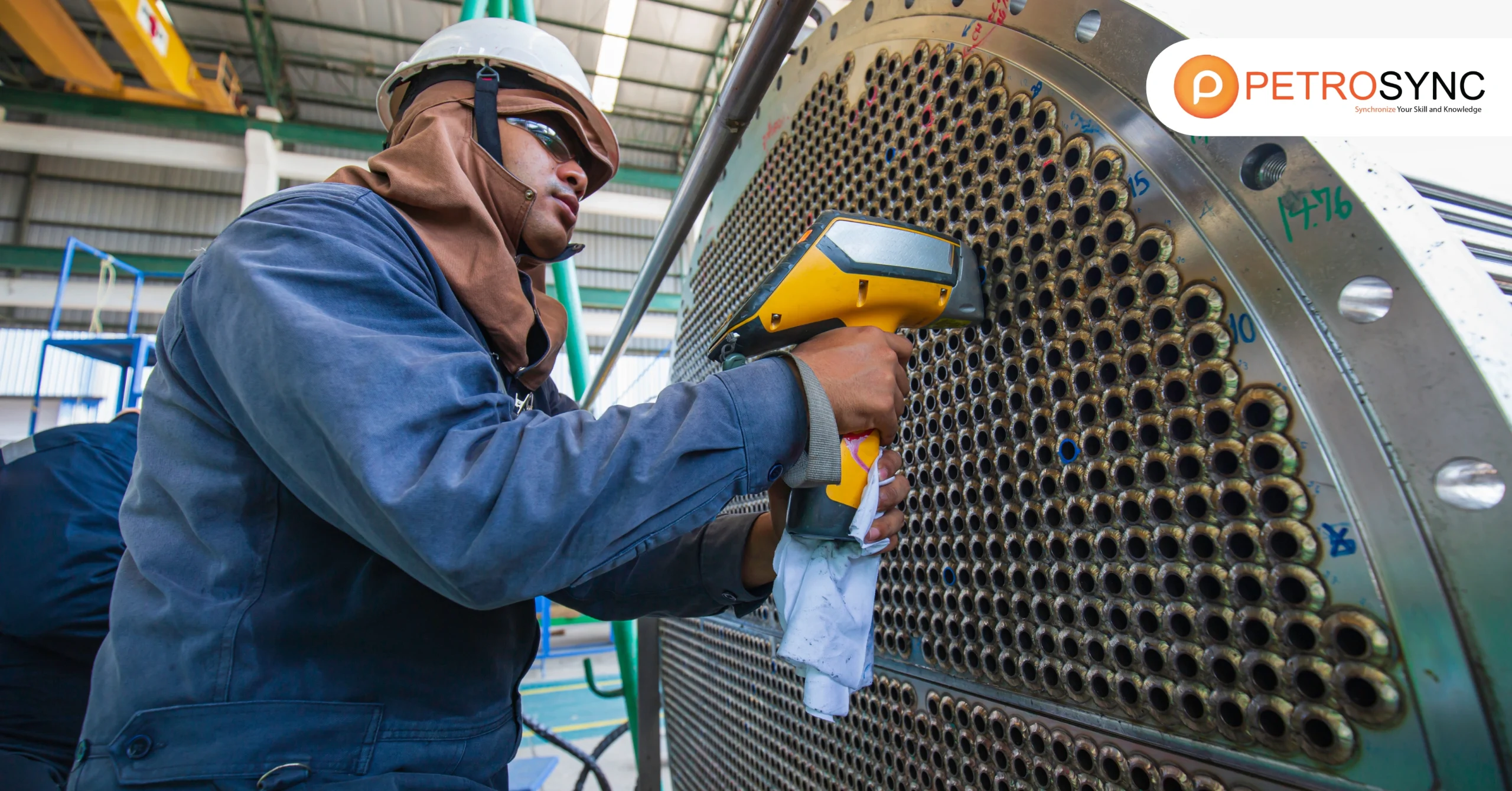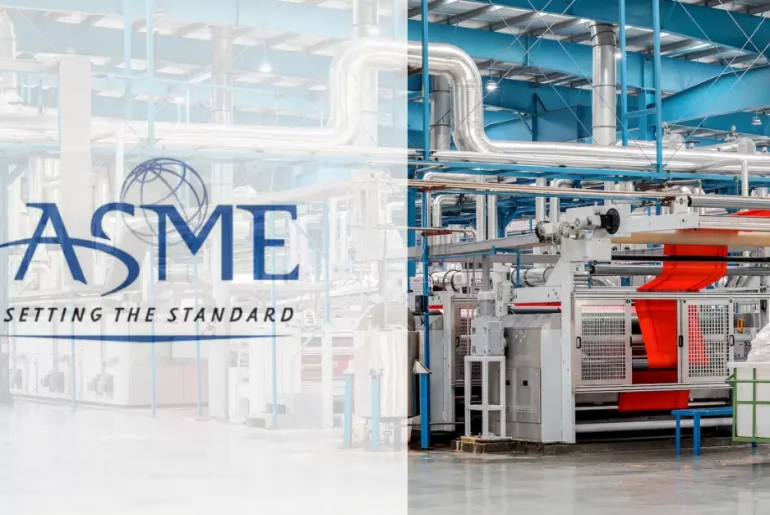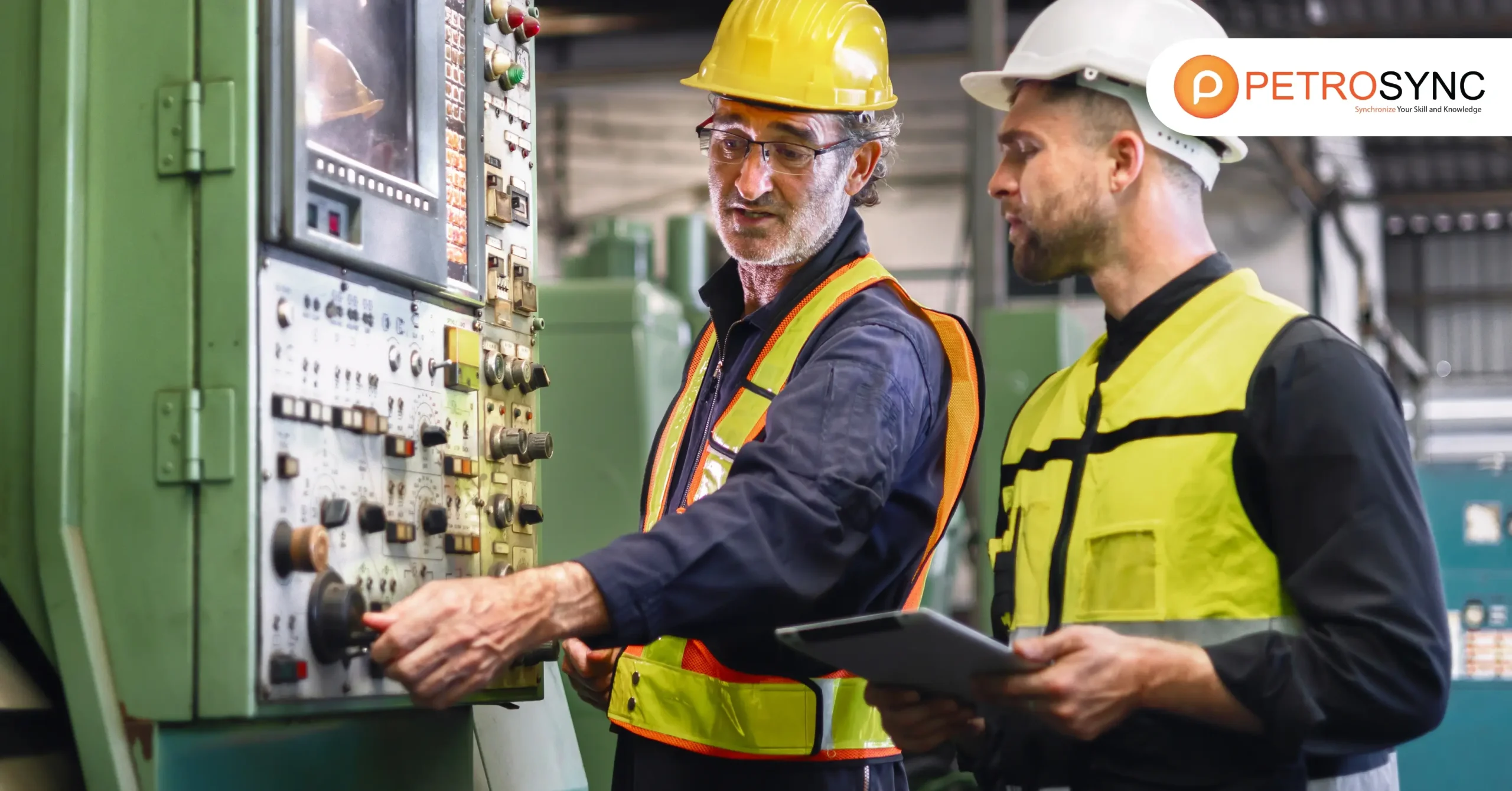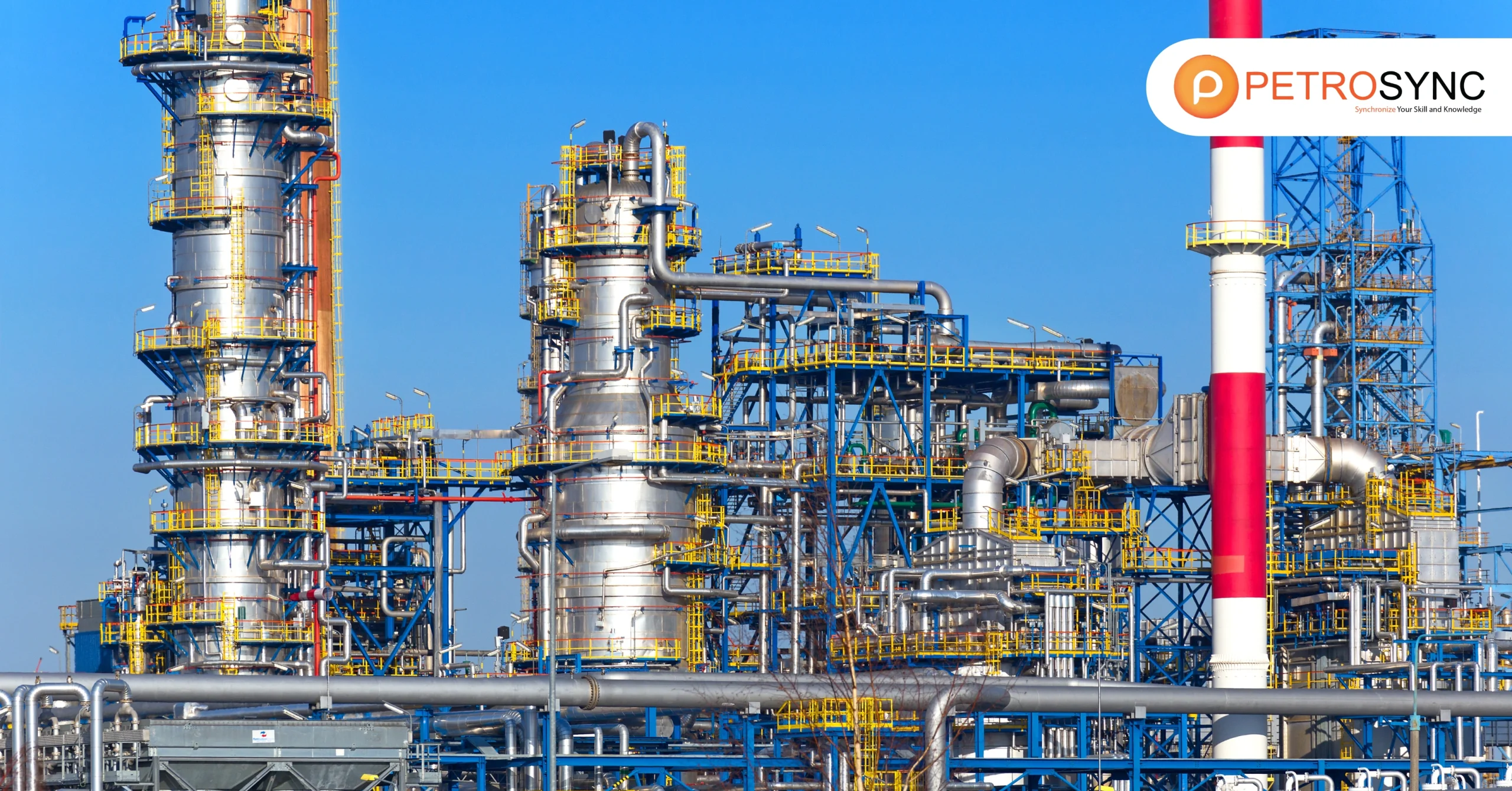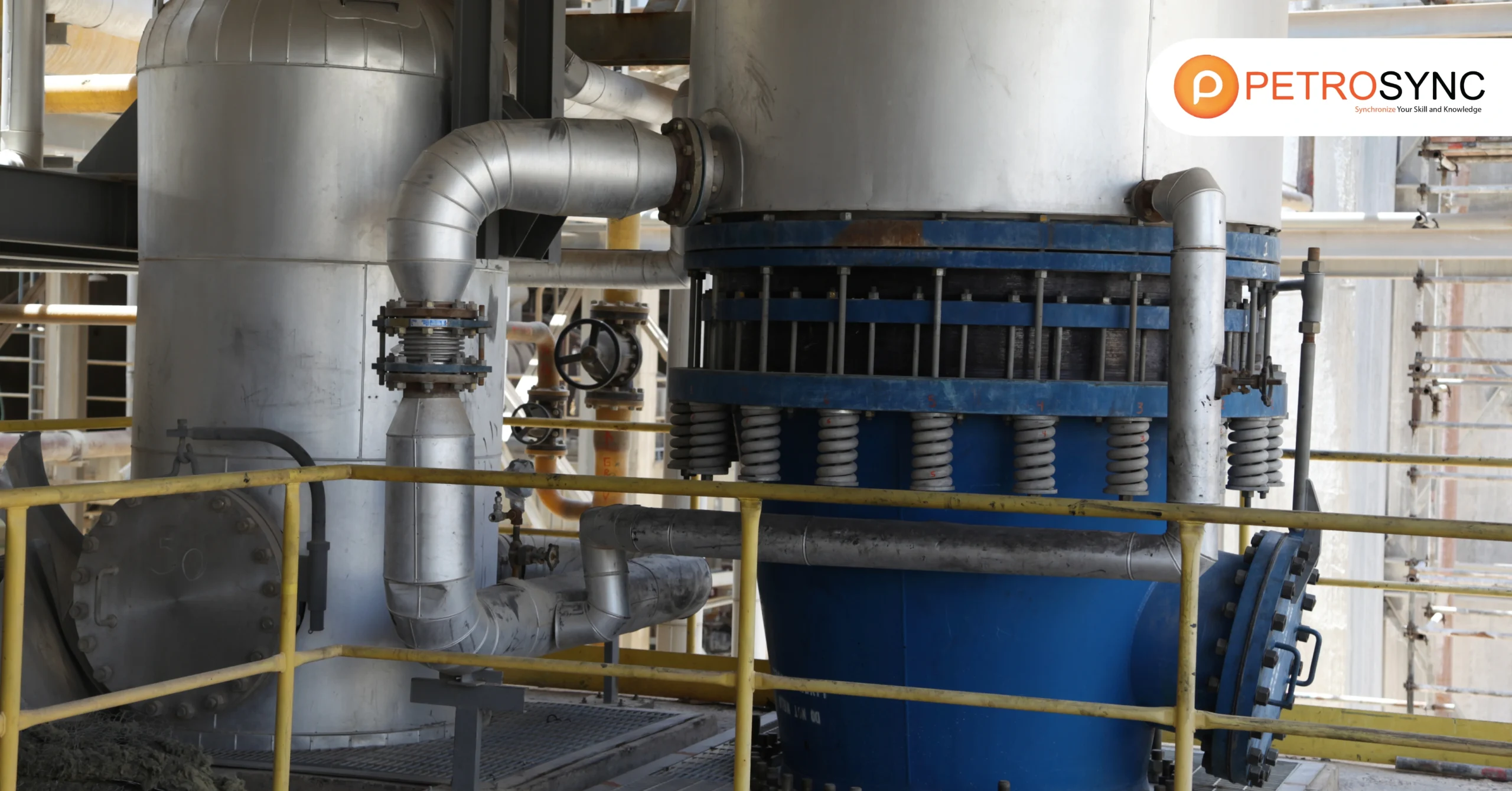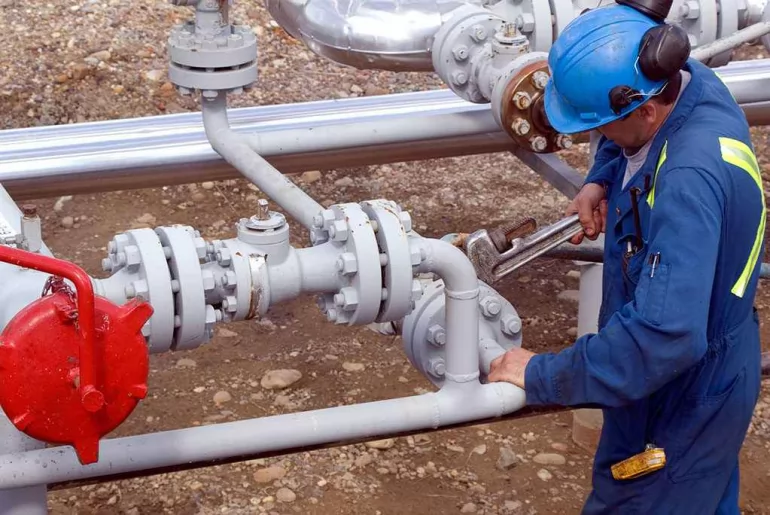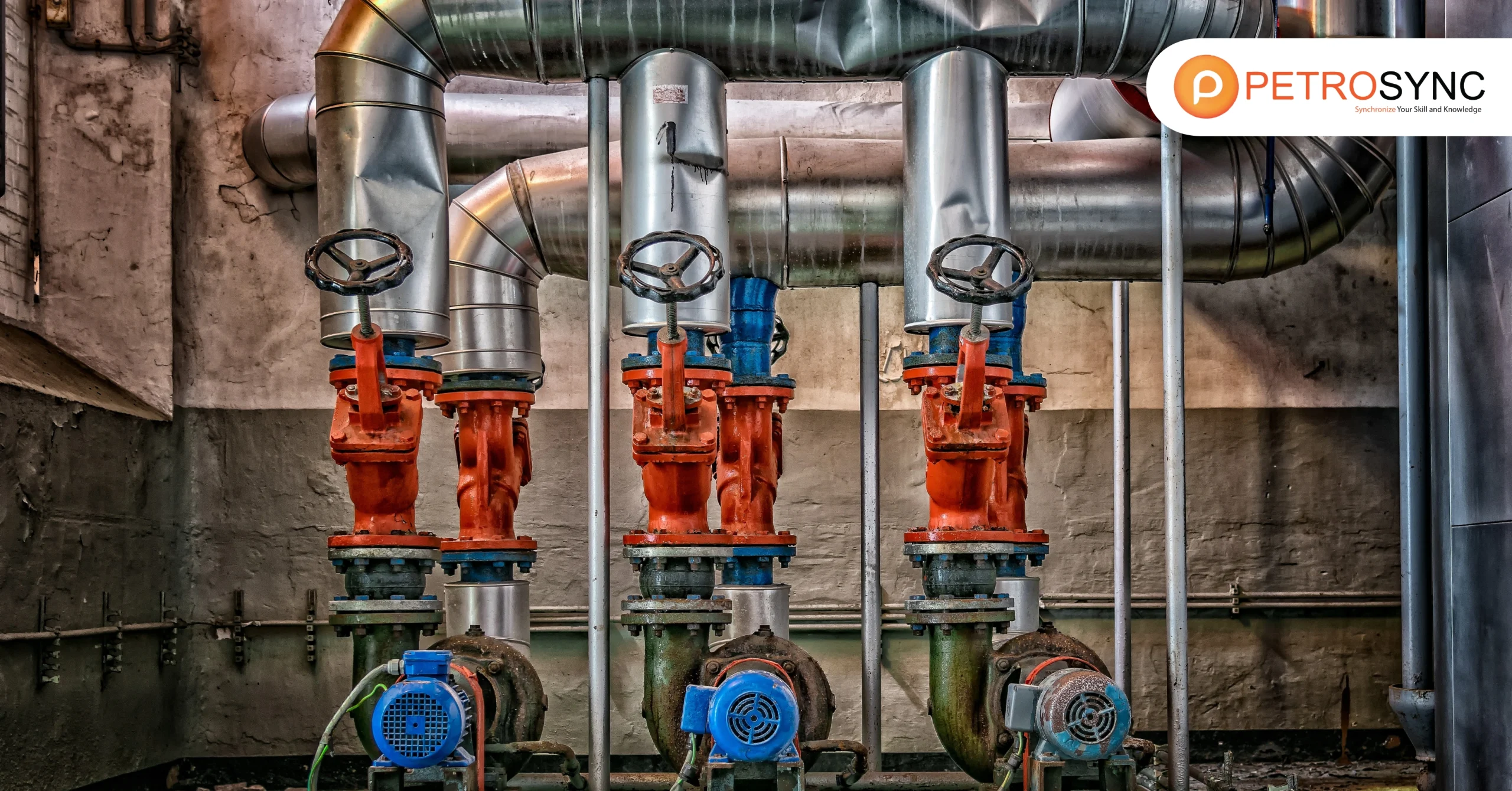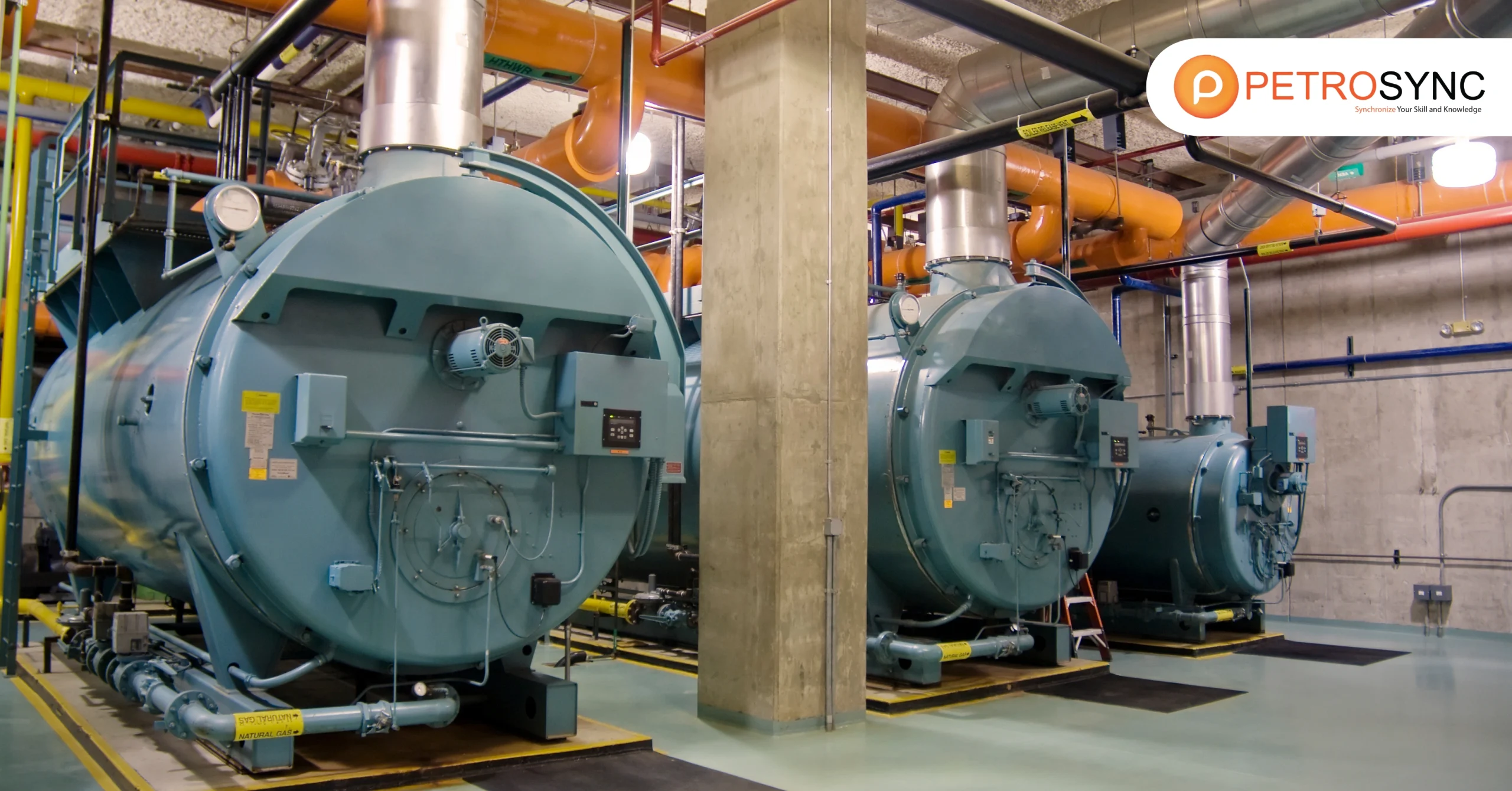The energy industry relies heavily on pressure vessels to store and transport various types of fluids and gases, and the safe and reliable operation of these vessels is crucial to the overall safety and efficiency of the operation activity. ASME…
In the realm of manufacturing and material engineering, heat treatment is critical for increasing the strength and durability of many materials. Whether you’re working with metals, alloys, or other materials, heat treatment is used to change the physical and mechanical…
Heat exchanger are critical components in many industries, increasing efficiency and thermal performance. By transporting heat between fluids, they aid in the optimization of heating, cooling, and even energy recovery operations. This makes them essential in industries including oil and…
The American Society of Mechanical Engineers (ASME) has been instrumental in driving industrial innovation and excellence. For nearly a century, ASME has developed standards improving safety, reliability, and quality in engineering, manufacturing, and construction. ASME standard are an essential part…
Adherence to industry standards is crucial in the rapidly changing areas of oil and gas, petrochemicals, and energy. The American Society of Mechanical Engineers (ASME) creates some of the most well-known and generally accepted standards. Understanding ASME norms and standards…
In the ever-evolving oil and gas landscape, challenges in transportation, storage, and distribution are commonplace. The midstream sector addresses these challenges, ensuring that oil and gas products are safely transported from upstream producers to downstream refiners and distributors. With the…
Heat exchanger type are critical for evaluating energy efficiency, operational costs, and system longevity. Selecting the appropriate kind provides efficient heat transfer, whether for cooling, heating, or condensing fluids. Using the wrong type may result in poor performance or even…
Hydrostatic testing is an important technique for ensuring the safety and reliability of pressurized systems such as pipelines, boilers, and storage tanks. This testing method reduces risks and maintains operational efficiency by finding any flaws or leaks before they occur.…
As one of the oldest standards-developing organizations, ASME is concerned with the importance of pressure equipment fitness in supporting industrial activities. One of ASME’s widely recognized standards is ASME PCC-2 discussing how repaired equipment meets the safety and performance criteria.…
Embarking into the world of industrial boilers, ASME Section I emerges as a crucial guide, defining the standards that govern power boilers’ design, construction, and operation. It serves as the cornerstone, aligning precision engineering with stringent safety protocols. Read on…


